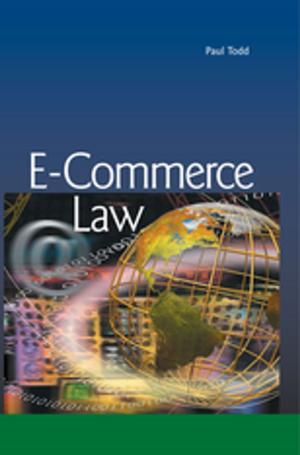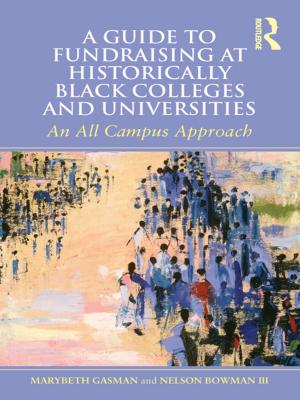Unconscious Contracts
A Psychoanalytical Theory of Society
Nonfiction, Health & Well Being, Psychology, Psychoanalysis, Social & Cultural Studies, Social Science| Author: | Michael Allingham | ISBN: | 9781317389668 |
| Publisher: | Taylor and Francis | Publication: | November 6, 2015 |
| Imprint: | Routledge | Language: | English |
| Author: | Michael Allingham |
| ISBN: | 9781317389668 |
| Publisher: | Taylor and Francis |
| Publication: | November 6, 2015 |
| Imprint: | Routledge |
| Language: | English |
Originally published in 1987 this highly original work explores how the nature and institutions of society are determined by our unconscious as well as our conscious aims – how individuals join together in ‘unconscious contracts’. The author does this by integrating psychoanalysis and social science to generate a psychoanalytical theory of society. The key to this theory is the interpretation of both psychoanalysis and social science in terms of the interplay between conflict and co-operation.
Professor Allingham starts by discussing the workings of the individual mind, and tracing the development of the adult personality from its roots in infancy. He uses this background to show how the group acts as a key link between the individual and society, and the sense in which groups have lives of their own. He completes the theory by demonstrating how the unconscious aims of the members of society are translated, through the various groups to which they belong, into the institutions adopted by society. Finally, as an extension, he explores the nature of the unconscious motives which underlie our conscious social and political attitudes.
Originally published in 1987 this highly original work explores how the nature and institutions of society are determined by our unconscious as well as our conscious aims – how individuals join together in ‘unconscious contracts’. The author does this by integrating psychoanalysis and social science to generate a psychoanalytical theory of society. The key to this theory is the interpretation of both psychoanalysis and social science in terms of the interplay between conflict and co-operation.
Professor Allingham starts by discussing the workings of the individual mind, and tracing the development of the adult personality from its roots in infancy. He uses this background to show how the group acts as a key link between the individual and society, and the sense in which groups have lives of their own. He completes the theory by demonstrating how the unconscious aims of the members of society are translated, through the various groups to which they belong, into the institutions adopted by society. Finally, as an extension, he explores the nature of the unconscious motives which underlie our conscious social and political attitudes.















